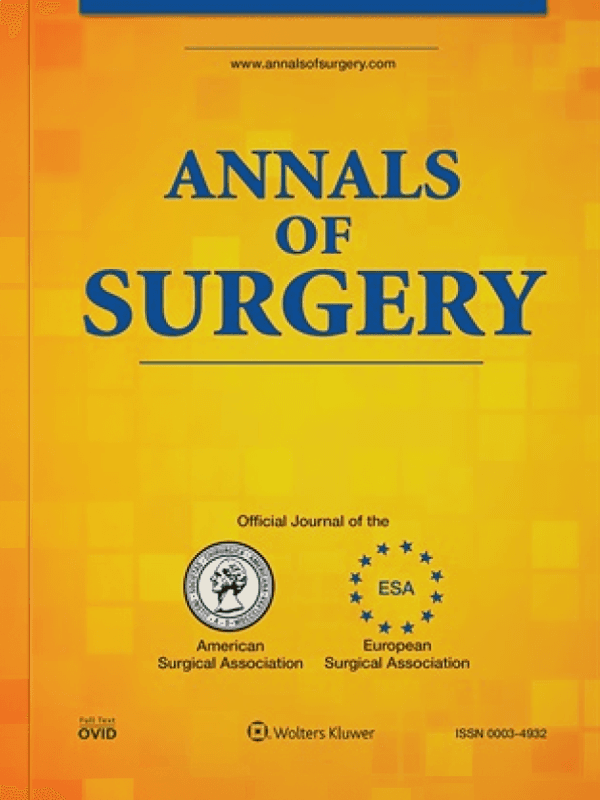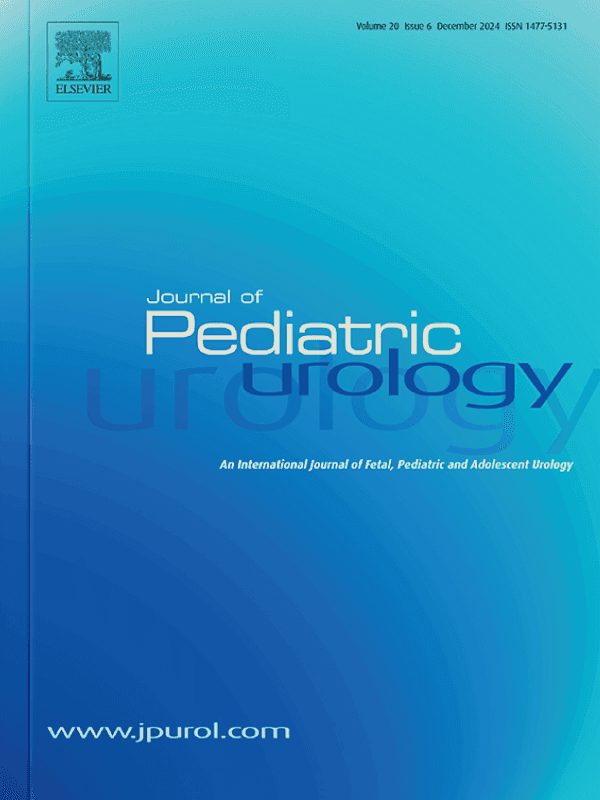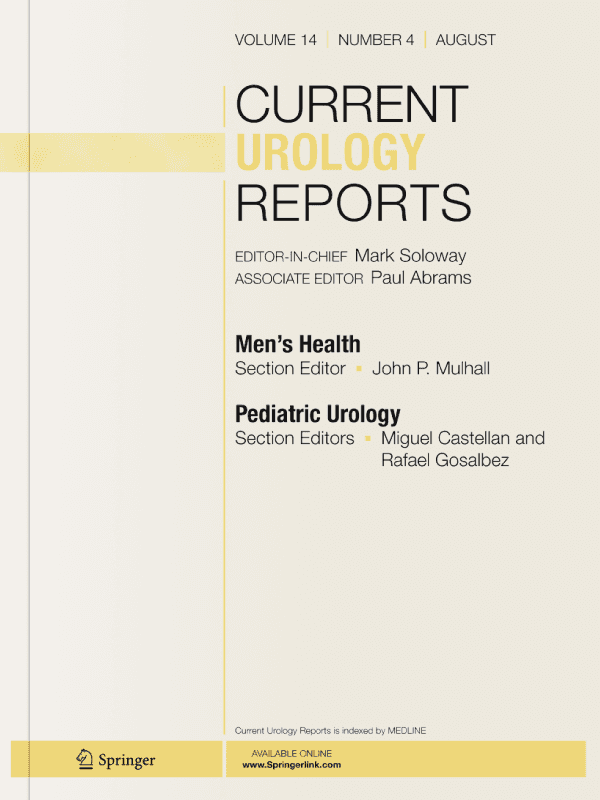SIMULATION TRAINING
Progressive learning in endoscopy simulation training improves clinical performance
Published on
Mar 31, 2017
Gastrointestinal Endoscopy
Samir C Grover, Michael A Scaffidi, Rishad Khan, Ankit Garg, Ahmed Al-Mazroui, Tareq Alomani, Jeffrey J Yu, Ian S Plener, Mohamed Al-Awamy, Elaine L Yong, Maria Cino, Nikila C Ravindran, Mark Zasowski, Teodor P Grantcharov, Catharine M Walsh
Overview
This study aimed to evaluate the effectiveness of a progressive learning-based curriculum (PLC) versus a structured comprehensive curriculum (SCC) in improving clinical colonoscopy performance among novice endoscopists. Conducted as a single-blinded randomized controlled trial with 37 participants, the PLC involved simulation-based training (SBT) that increased in complexity, while the SCC employed a random order of cases. Both groups received expert feedback and didactic teaching, and their performances were assessed using the Joint Advisory Group Direct Observation of Procedural Skills (JAG DOPS) assessment tool.
The study findings suggest that a progressive approach to simulation training can effectively enhance the clinical skills of novice endoscopists.
Results
The PLC group outperformed the SCC group during first and second clinical colonoscopies, measured by JAG DOPS (P < .001). Additionally, the PLC group had superior technical and communication skills and global performance in the simulated setting (P < .05). There were no differences between groups in endoscopic knowledge (P > .05).
Peer-reviewed Research





